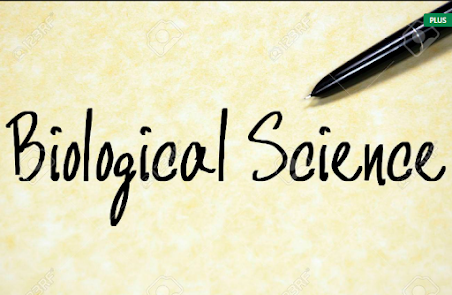Introduction to Biological Sciences
Biological sciences span many disciplines and provide an in-depth study of all life forms. From the microscopic complexity of cell biology to the magnitude of ecosystems and biodiversity, the study of living organisms and their interactions forms the foundation of the field.
In this introduction, we embark on a journey to explore the fundamental concepts and principles that underpin the study of animals and demonstrate the diversity and unity of life on Earth.
Cellular basis of life:
The basis of biological science is the cell, the basis of life. Cells have different shapes, sizes and functions, but all have standard features, such as the genetic material and lipid bilayer surrounding the bacteria.
The study of cells is called cell biology or cytology. It demonstrates the complexity of cellular processes, including metabolism, replication, and communication. Through microscopy and molecular techniques, scientists provide insight into health and disease by discovering the molecular mechanisms that control cell life processes.
Genetics and Heredity:
Genetics and genetics, the study of genetics, explains how traits are passed on from generation to generation. Watson and Crick's discovery of DNA as the genetic material in the 1950s revolutionized biology and laid the foundations of genetics.
From Mendel's laws of inheritance to the modern age of genomics, geneticists have dissected the statutes of life encoded in DNA and uncovered the mechanisms of gene expression, mutation, and genetic disease. Genetic engineering empowers scientists to manipulate genes, providing unprecedented opportunities for medicine, agricultural development and biotechnology.
Evolutionary Biology:
Charles Darwin's theory of evolution through natural selection, which is the basis of evolutionary biology, explains the diversity of life through genetic modification. Evolutionary biologists study patterns and processes of evolutionary change, from the fossil record to anatomical and molecular comparisons.
By studying the body's adaptation to the environment and tracing its evolutionary history, scientists understand the interconnectedness of life and the ecological relationships that create it—ecosystems. Evolutionary principles also underpin fields such as medicine, conservation biology, and agriculture, leading efforts to understand and reduce the impact of environmental change.
Ecology and Ecosystems:
Ecology studies the interactions between organisms and ecosystems. The behaviour of individuals and their environments, including changes in populations, communities, and ecosystems. Ecologists study the processes that regulate the flow of energy and nutrients in ecosystems, the distribution and abundance of species, and biodiversity.
From rainforests to bodies of water, ecosystems exhibit complex and functional patterns influenced by climate, disturbance, and human activities. Conservation ecologists work to preserve biodiversity res, restore degraded ecosystems, and recognize the intrinsic value of nature and its essential contribution to human health.
Physiology and Adaptation:
Physiology is the study of the functions and processes of living organisms, from the molecular mechanisms in cells to the components of life-supporting systems. Physiologists study how organisms respond to internal and external stimuli and show adaptations to survive in different environments.
From thermoregulation in animals to photosynthesis in plants, biological systems show diversity and complexity developed over millions of years of evolution. Comparative physiology explores the similarities and differences between species, revealing the evolutionary pathways that have shaped life on Earth.
Conclusion:
The science of biology provides a window into the perspective of life, from molecular interactions in the brain to the universe's evolution to ecosystems. By unlocking the mysteries of biology, scientists help us understand the natural world and solve complex problems facing humanity, from disease and environmental degradation to food security and biodiversity loss.
As we continue to explore areas of biological science, we celebrate the diversity of cultures that define life on Earth, inspiring admiration and respect for the internet, the network of organisms that support us all.






0 Comments